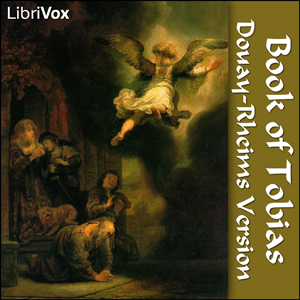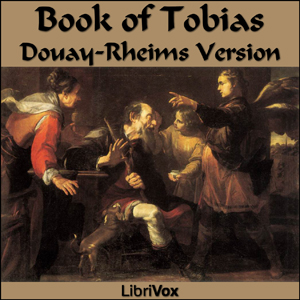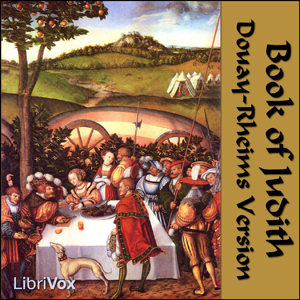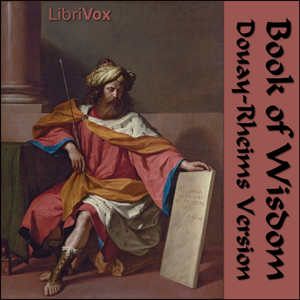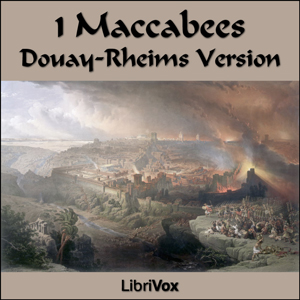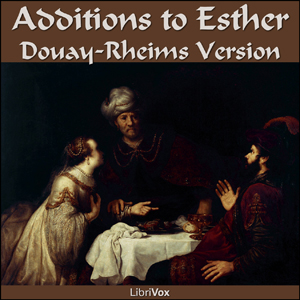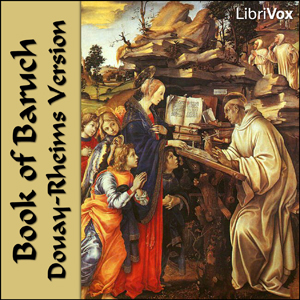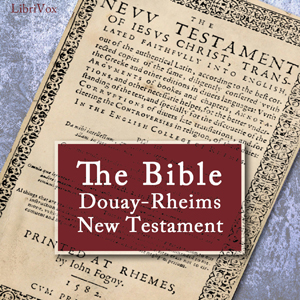Bible (DRV) Apocrypha/Deuterocanon: Wisdom of Sirach (Ecclesiasticus)
(0 User reviews)
214
1899
English
- Chps 1-5
- Chps 6-10
- Chps 11-15
- Chps 16-20
- Chps 21-25
- Chps 26-30
- Chps 31-35
- Chps 36-40
- Chps 41-45
- Chps 46-51
The Book of Ecclesiasticus is preceded by a prologue which professes to be the work of the Greek translator of the original Hebrew and the genuineness of which is undoubted. In this preface to his translation, the writer describes how he was deeply impressed by the wisdom of the sayings and so wished by his translation to place those valuable teachings within the reach of anyone desiring to live in a more perfect accord with the law of God. The fundamental thought of the author is that of wisdom as understood and inculcated in inspired Hebrew literature. The contents may be divided into two great parts: chs. i-xlii, 14; and xlii, 15-1, 26. The sayings which chiefly make up the first part, tend directly to inculcate the fear of God and the fulfillment of His commands, wherein consists true wisdom. This they do by pointing out, in a concrete manner, how the truly wise man shall conduct himself in the manifold relationships of practical life. Together with these maxims, which resemble closely both in matter and form the Proverbs of Solomon, the first part includes several more or less long descriptions of the origin and excellence of wisdom. The contents of the second part, at first describe at length the Divine wisdom so wonderfully displayed in the realm of nature (xlii, 15-xliii), and next illustrate the practice of wisdom in the various walks of life, as made known by the history of Israel's worthies, from Enoch down to the high priest Simon, the writer's holy contemporary (xliv-1, 26). At the close of the book, there is first, a short conclusion containing the author's subscription and the express declaration of his general purpose; and next, an appendix (li) in which the writer returns thanks to God for His benefits, and especially for the gift of wisdom and to which are subjoined in the Hebrew text recently discovered, a second subscription and the following pious ejaculation: "Blessed be the name of Yahweh from this time forth and for evermore." ( The Catholic Encyclopedia (1909) - condensed by ancientchristian)
There are no reviews for this eBook.
There are no comments for this eBook.
You must log in to post a comment.
Log in



